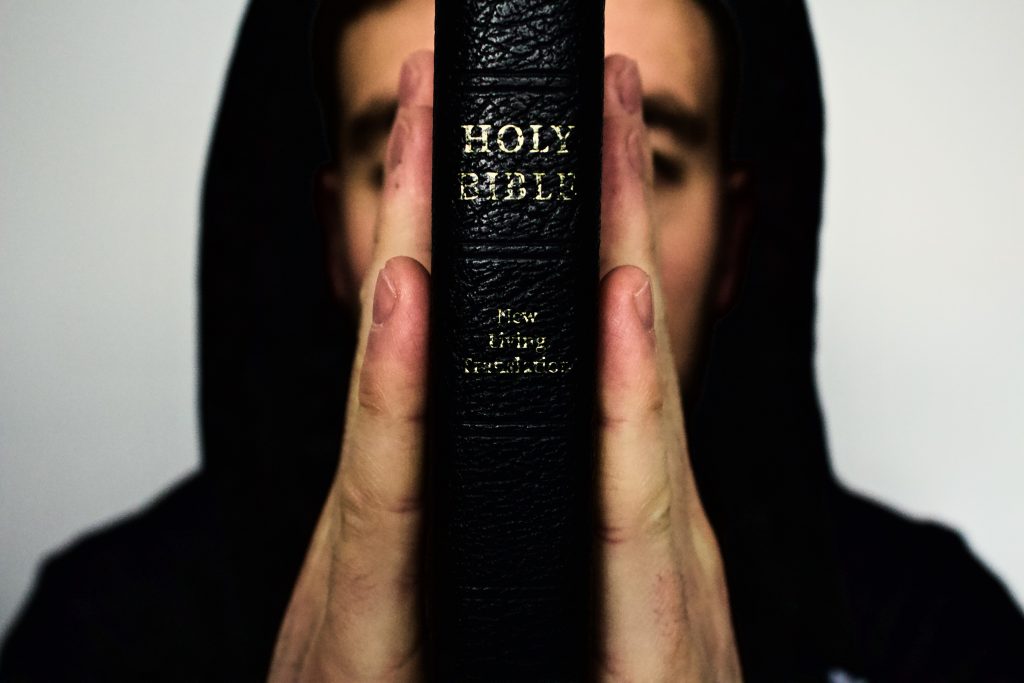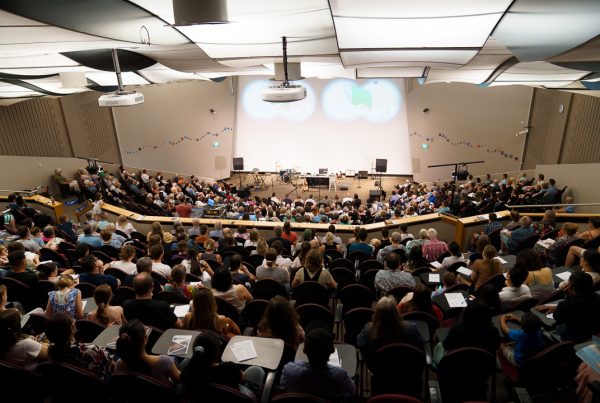8 August 2019
What is the Christian argument for religious liberty?
I’ve heard it said the Bible does not establish any right to freedom of religion, and we should stop obsessing about it. So what are we talking about here?
Article 18 of the United Nation’s Universal Declaration of Human Rights says:
Everyone has the right to freedom of thought, conscience and religion; this right includes freedom to change his religion or belief, and freedom, either alone or in community with others and in public or private, to manifest his religion or belief in teaching, practice, worship and observance.
Here are some strands of biblical thinking that together I think establishes reasons for promoting the kind of freedom of religion described above.
- The opening page of the Bible declares all humans, male and female, are made in the image of God (Gen 1:27). As such, each human reflects something of God, and so is individually precious to God. Indeed, God says we must not shed human blood (without just cause) because God made humanity in his own image (Gen 9:6). From this, we get the idea of universal sanctity of human life. Each individual human life should be treated with dignity. This has implications for abortion, euthanasia and racism. But it also implies we should respect each individual human conscience. We each have real agency to choose how to live. This natural responsibility should incline us to ways of life that maximise everyone’s ability to choose freely.
- Jesus affirmed the Old Testament’s command to love your neighbour. Indeed, he extended its application to loving and praying for your enemies (Matt 5:43-44). He applied love in this profound way… “So in everything, do to others what you would have them do to you, for this sums up the Law and the Prophets.”We wish to be free to worship God as we see fit. And we do not want to be forced by others into actions that would deny what we believe God wants from us. So it’s not hard to see the application. We should advocate to extend that freedom to all people.
- God says the human authorities are put in place by him, which we should respect. They are accountable to him (whether they know it or not) for commending the good and restraining evil (Romans 13:1-7). In God’s providence, he has put us in a democracy. This encourages us all, including Christians, to participate lawfully as citizens. So we can advocate for what we believe it good, including religious liberty.
- Lastly, like Christ, believers often forego their rights. But we sometimes also see biblical examples of claiming your rights! In Acts 16, Paul and Silas were beaten and imprisoned without trial. The magistrates decide to release them quietly. But Paul stands on his rights as a Roman citizen and insists on a public exoneration (vv37-40). He thought it was right in that context to insist rights be upheld!
Sandy Grant
Senior Minister





